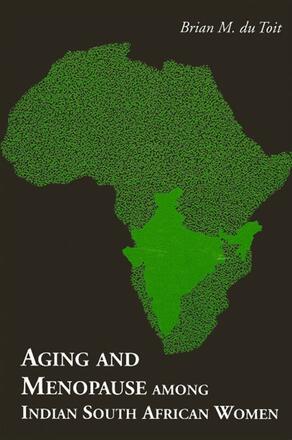
Aging and Menopause Among Indian South African Women
Alternative formats available from:
Description
Du Toit contributes to the study of the climacteric as an important phase of the life cycle among women of different cultures (the later reproductive and postreproductive years). Drawing upon perspectives in anthropology, sociology, psychology, and gerontology, he demonstrates the need for an adequate cross-cultural theory of aging among women, and offers a solid body of research from South Africa in establishing a standard methodology for the study of the climacteric.
Brian M. du Toit is Professor of Anthropology at the University of Florida.
Reviews
"Dr. du Toit's study of the aging process and climacteric experience is set in the context of the cultural experience and life meanings of Indian South African women. His book touches upon issues related not only to the history, social organization and family life of this region, but identifies and develops the concept of being a woman throughout the lifespan. I particularly liked the sections on women's health practice, family health behavior and sexuality that sets the stage for his detailed analysis of the menopausal experience. " — Setha M. Low, The City University of New York
"This is a work which will help to fill a lacuna on climacteric from a cultural perspective. The data are useful, the comparisons enlightening. It is highly comprehensive and balances psychological and sociocultural data very well. "— David N. Suggs, Kenyon College
"Cross-cultural studies of menopause provide a great deal of insights to the dynamics of women's status, the relationships between gender, health and illness as well as the importance of the body as metaphor and cultural symbol. The section on sexuality is ethnographically stimulating. " — Dona Davis, University of South Dakota
"I could not believe how similar the myths, stereotypes and actual experiences were to American women in menopause. It is the similarity, not the differences that surprised me. " — Linda Crockett McKeever, California State University, Fullerton